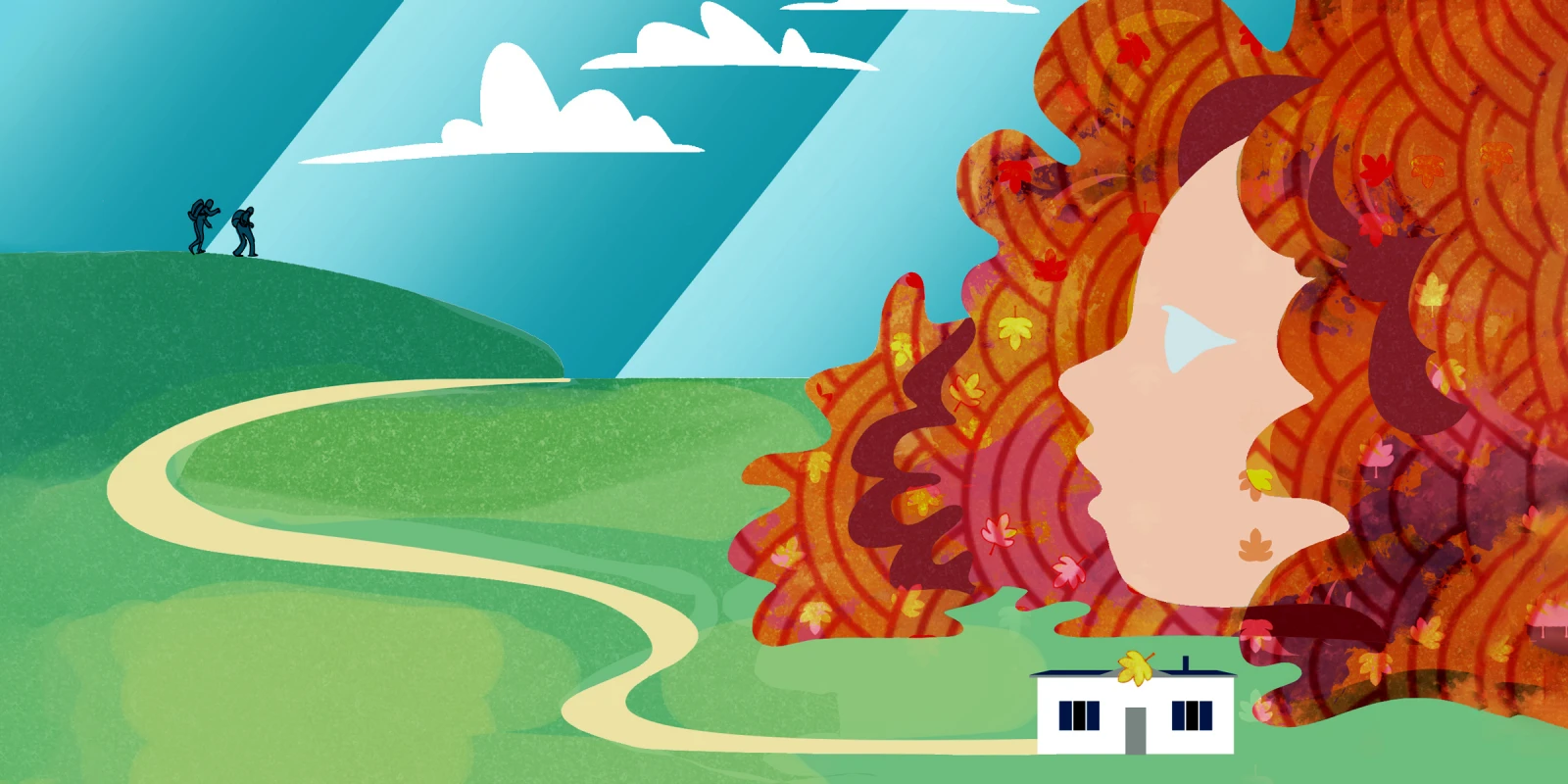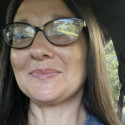I have been in the nursing profession for 29 years. Of those 29 years, I spent 14 of them working in hospice as an NP. I knew hospice was where I wanted to be because I had the pleasure of caring for hospice patients while working as a certified nursing assistant in a rural swing bed hospital. I distinctly recall the day I knew hospice was my calling. My patient was in her 80s, and she had head and neck cancer. She kept telling me all she wanted to do was get out of bed "just one more time." So, as soon as I was able, I got her up and into the wheelchair. I rolled her in the hall and out the back door. Imagine how surprised we were to see a therapy dog entering the nursing home a few feet away. She pointed; I pushed. She petted; she smiled. My heart swelled. I knew in my heart this feeling was exactly what nursing was all about.
Fast forward six years and I was finally able to do what I felt I was called to do: work with hospice patients. But I wanted to do more. I wanted the patients in our rural community to have someone to visit them in their home, like “in the old days.” So, I enrolled in NP school. I covered five counties, and most weeks drove almost 1,000 miles. As a patient neared death, I did my best to go by for a visit. It was the respectful thing to do. So many times, families would tell me they felt abandoned by their PCP after being admitted to hospice. I hoped my presence would help alleviate this feeling. I also wanted them to have a chance to ask any questions they might have as their loved one's life came to a close. The question families always asked was "How much longer?" Before answering, they received the "official disclaimer" — never ask a question you don't want answered. They would typically nod, and I would pause to allow them time to retract their consent.
It wasn’t easy to tell a family their loved one would die in the next three days. With few mentors available in the rural setting to teach you how to have difficult conversations, you often relied on earlier experiences and learned from your previous mistakes. Eventually I was able to answer one of the hardest questions ever posed to me without crying, instead getting misty eyed, and saving the ugly cry for the shower when I was all alone. I knew I needed a change when I was standing at the bedside listening to a daughter tell me how her dying mother did the best she knew how. Internally, I heard a voice say "I can't carry your story with me; it is too heavy." Hospice work is heavy.
A door opened and I found a position at a hematology/oncology clinic. I was excited to continue to serve our rural community in a different capacity. Although the patients were diagnosed with cancer, their prognosis was much longer than days to six months. However, there have been a few patients who would benefit more from hospice services. Most recently, I had a patient with pancreatic cancer who had been putting off enrolling in hospice to avoid upsetting her daughter. Her cancer markers were increasing, and her symptom burden was worsening. In less than a week, she had developed anasarca, anemia, and was no longer able to walk. It was time, and I told her so. When her son asked me "How much longer?" it was as if I had never answered a question like this before. My eyes overflowed. I paused, apologized, and took a deep breath before I answered. As she left the room, she thanked me and asked me to make the call to hospice. As I walked back to my desk, I heard a familiar voice in my head say, "I thought this would be easier, but it's not."
When I worked in hospice, I was always amazed at how many patients and families didn’t understand that time was limited. I was a stranger, and I was left to give this difficult news. Why didn’t their PCP or their oncologist tell them? Why couldn’t they see something that was glaringly obvious? What were the clinicians scared of? Why would they rob the patient and family of precious time? But now I understand. Patients look to their oncology clinician for hope — hope for one more day, one more month, one more year. It is hard to tell someone you have been seeing for weeks, months, or years it is time to shift their focus of care. Most of all it is hard to say goodbye to someone who is no longer a patient but a friend. When you work in the rural setting, no one is “just a patient.” They are your neighbor; they are your best friend’s mother; they are somebody.
Breaking bad news should never be easy, and the day it becomes easy is the day I will know it is time to hang up my stethoscope and not look back.
Toby Murray, APRN ACHPN currently works in a hematology/oncology clinic affiliated with Jackson Hospital in Marianna, Florida. She enjoys the challenges associated with serving a rural population. To unwind, she enjoys running, taking long showers, and walking her GSD, Loki. She has no disclosures and no conflicts of interest.
Illustration by April Brust







